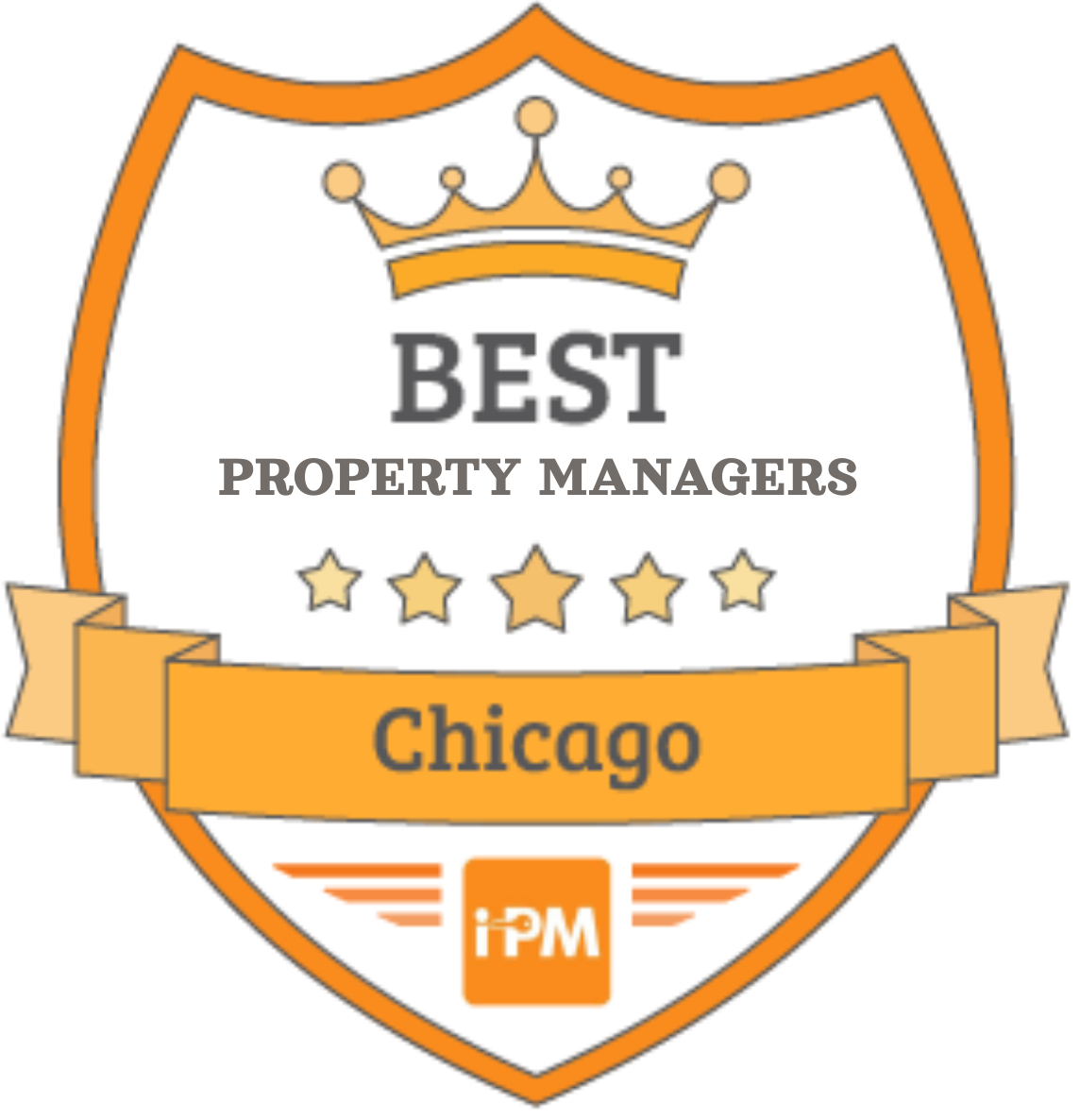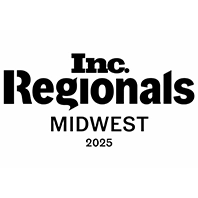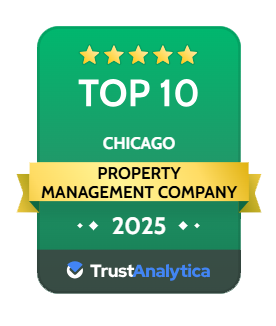Are you interested in becoming a property manager or getting involved in the property management industry? If you're looking to get into real estate and want to get paid to learn on the job, becoming a property manager may be a great fit for you. Property managers handle the bulk of the day to day operations for rental properties so a career in property management can give you a huge advantage when it comes to real estate investing. Today I'm going to walk you through the six most important steps to becoming a property manager.
1.) Property Management Education
Formal Education
While many industries require a college degree, real estate is one of the few that doesn't. Degrees in business administration, real estate, public administration, or finance can be particularly advantageous but it is not something I personally recommend. There are tons of ways to gain valuable insight and education without dropping tens or hundreds of thousands of dollars on a 4 year degree. If you already have a degree in another field, no worries (ironically, I have a degree in education)! As it's not a prerequisite for most entry level real estate positions, it shouldn't hinder you either way.
Non-formal Education
Beyond the traditional education path lies non-formal education (my personal favorite!). We live in the information age and there is truly an endless amount of real estate content between books, podcasts, webinars, blogs, and more. Attending workshops, seminars, and conferences dedicated to property management can further enhance your knowledge and expose you to the latest trends and technologies in the field. Don't underestimate what you can learn from these mediums!
2.) Skill Building
To excel as a property manager, a diverse set of skills is essential. Communication skills top the list, as property managers must effectively liaise between property owners, tenants, and maintenance teams, ensuring that concerns are addressed promptly and agreements are upheld. Organizational skills are crucial for managing multiple properties, lease agreements, and maintenance schedules. A keen understanding of local real estate laws and regulations ensures that all operations are compliant, minimizing legal risks. Financial acumen is necessary for budgeting, setting rental prices, and managing property expenses. Additionally, problem-solving skills are invaluable for addressing unexpected challenges, from maintenance issues to tenant disputes. Lastly, in today's digital age, technological proficiency is a must, especially in using property management software and digital communication tools to streamline operations and enhance tenant experience.
3.) Licensure & Industry Certifications
Entering the property management field often necessitates specific licensure and certifications, though requirements can vary by region and country. In many states, like Illinois, property managers are required to hold a real estate broker's license or a specific property management license to legally operate. This typically involves completing a set number of educational hours, passing an examination, and maintaining the license through ongoing education. Beyond mandatory licensure, there are several industry-recognized certifications that aspiring property managers can pursue to enhance their credentials. The Certified Property Manager (CPM) designation from the Institute of Real Estate Management (IREM) and the Residential Management Professional (RMP) from the National Association of Residential Property Managers (NARPM) are two notable examples. These certifications not only validate one's expertise in the field but also signal a commitment to upholding industry standards and best practices. These certifications often require coursework, exams, and practical experience, ensuring that property managers are well-equipped with the knowledge and skills necessary for their role. These certifications are typically hands-on and include very practical knowledge that you'll use on a daily basis throughout your property management career.
4.) Gaining Experience as a Property Manager
Gaining experience in the property management industry is a multifaceted journey that often begins with entry-level positions. Many professionals start as leasing agents or assistant property managers, roles that offer firsthand experience in tenant relations, lease agreements, and property upkeep. Pursuing internships with established property management firms can also provide valuable insights into the day-to-day operations of the industry. As you progress, consider seeking mentorship from seasoned property managers or joining industry associations to expand your network and learn from peers. Over time, managing a diverse portfolio of properties, from residential to commercial, can broaden your expertise and prepare you for more advanced roles in the industry.
5.) Networking with Property Managers
Building a robust network in the property management industry is pivotal for career advancement and knowledge exchange. Industry associations, such as the Institute of Real Estate Management (IREM) or the National Association of Residential Property Managers (NARPM), offer excellent opportunities for networking through their regular events, workshops, and conferences. Attending these events not only provides educational value but also facilitates face-to-face interactions with seasoned professionals. Local real estate and property management seminars are also valuable networking venues. For a more informal approach, consider joining property management groups on social media platforms like LinkedIn or Facebook, where discussions, job postings, and industry updates are frequent. Additionally, seeking mentorship from established property managers can provide one-on-one networking opportunities and guidance. Remember, genuine relationship-building, active participation in discussions, and offering help or advice when possible are key to effective networking.
6.) Applying with a Property Management Company
Embarking on a job hunt in the property management industry requires a strategic approach. Begin by tailoring your resume to highlight relevant experience, skills, and certifications that align with property management roles. Emphasize any hands-on experience with tenant relations, property maintenance, or lease negotiations. Crafting a personalized cover letter for each application is crucial; it should convey your passion for the industry and explain why you're a perfect fit for the specific role and company. Utilize online job boards specializing in real estate and property management, such as IREM's job board or industry-specific sections of broader platforms like Indeed or LinkedIn. Networking can also open doors to unadvertised positions; reach out to industry contacts or mentors for potential leads. Once you secure an interview, prepare by researching the company's portfolio, understanding their tenant demographics, and familiarizing yourself with the latest industry trends. Demonstrating both your knowledge of the company and the broader industry will position you as a valuable asset.
If you have questions about property management or would like help becoming a property manager, consider us at Landmark Property Management a resource, we’re always happy to help. Feel free to check out our website at ChicagosPropertyManagement.com or give us a call. Thank you!





.png)


